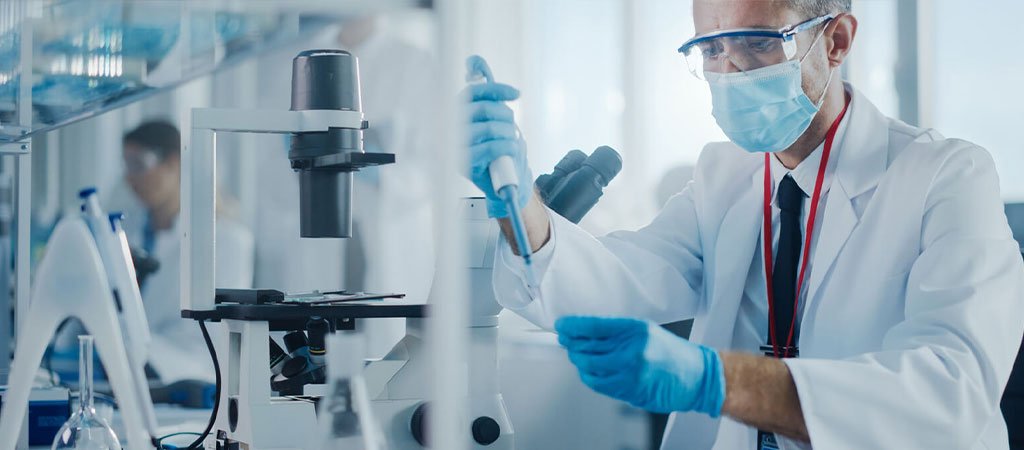Laboratory investigations are essential diagnostic tools in modern healthcare, providing critical insights that assist clinicians in diagnosing, monitoring, and treating a variety of health conditions. These investigations involve analyzing samples of blood, urine, tissues, and other bodily fluids to obtain detailed information about the functioning of organs and systems within the body.
Laboratory tests are categorized based on their purposes, such as hematology, biochemistry, microbiology, pathology, and molecular diagnostics. Each type serves a unique role:
Laboratory investigations follow rigorous quality control protocols to ensure accuracy and reliability. Rapid advancements in technology, such as automated testing and molecular techniques, have improved the speed and precision of laboratory results, allowing for earlier diagnosis and better patient outcomes. Moreover, the role of laboratory professionals is pivotal as they meticulously perform tests, ensure quality control, and assist in interpreting complex results to aid in effective medical decision-making.
